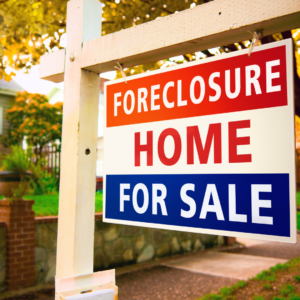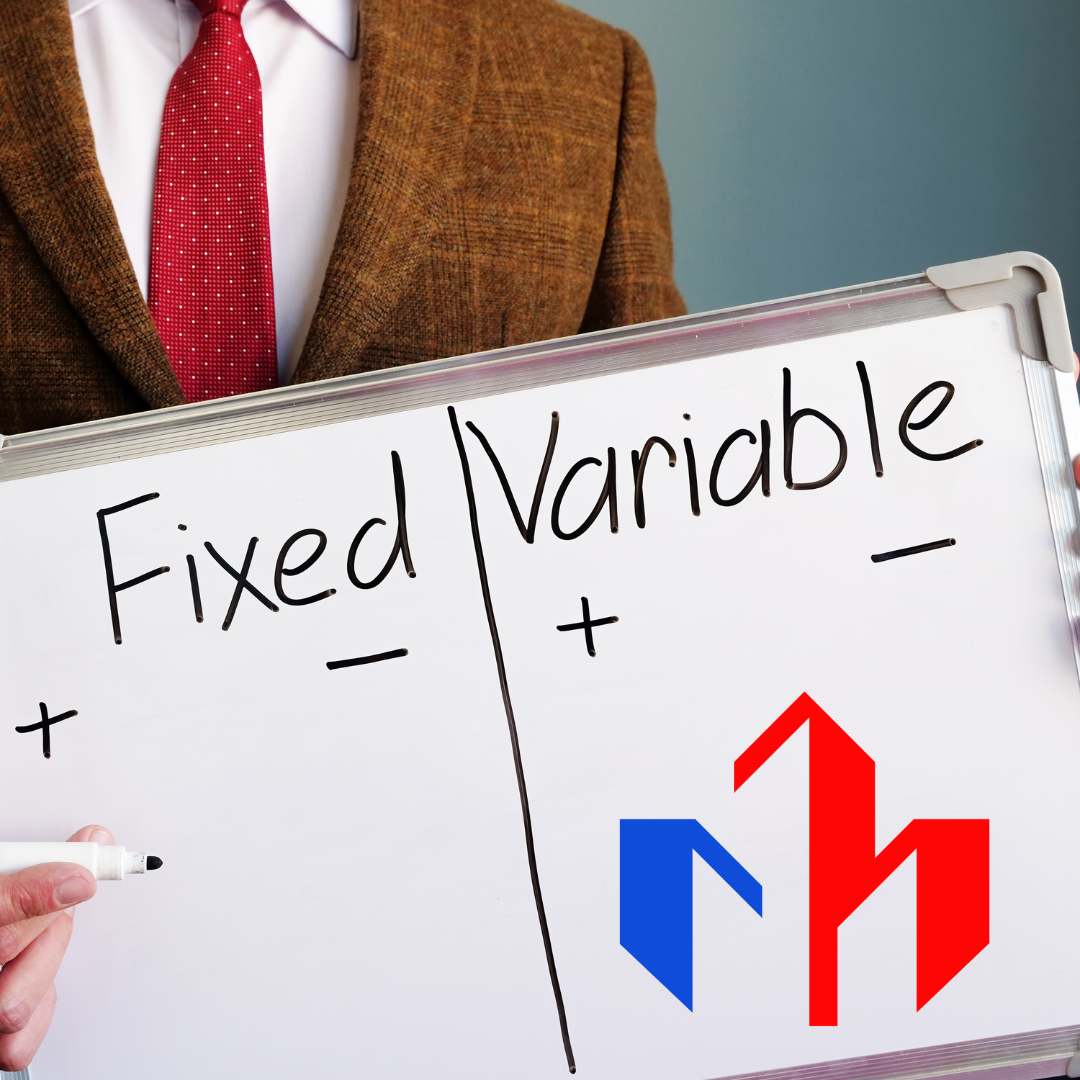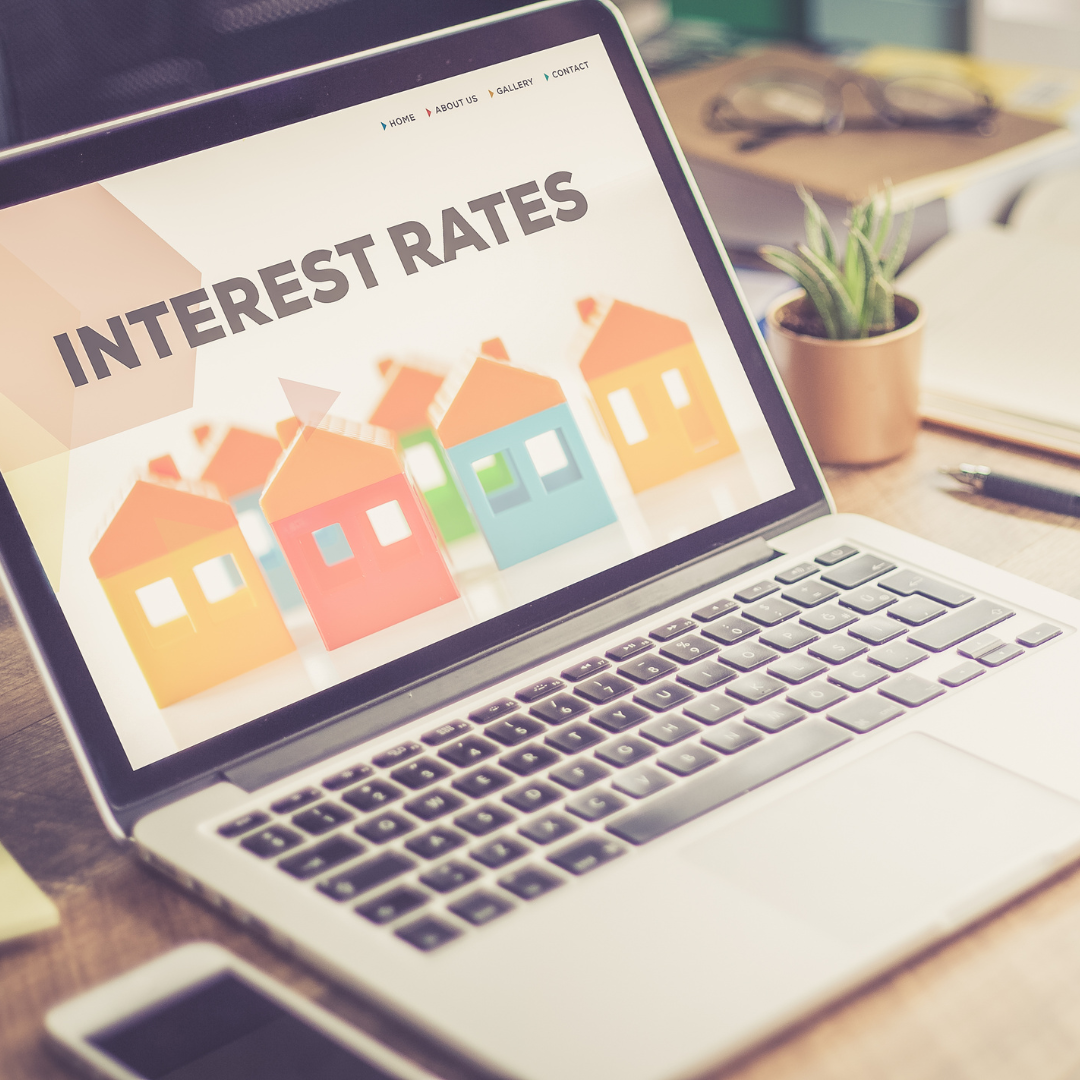The main differences involved with getting a Mortgage for a bank foreclosed home
A bank-foreclosed home is a property that has been reclaimed by the lender because the borrower stopped making mortgage payments. Although some people might think these homes are excellent deals, there are a few things you should know before making an offer. Here are the primary differences you’ll encounter when securing a mortgage for a bank-foreclosed home.
- You will likely need to make a larger down payment than usual. This is because banks are often more cautious when lending money to people with bad credit.
Why bank-foreclosed homes are different from other homes
There are several ways in which bank-foreclosed homes differ from other properties on the real estate market, both of which can affect the price you pay and the ease of purchase.
One of the primary distinctions is that foreclosed homes are sold as-is, which signifies that the bank is not obligated to make any repairs before the sale. If the property needs extensive repairs, this can be a significant downside because you would be the one responsible for those expenses.
One more distinction is that foreclosed homes are frequently sold at auction instead of through regular methods such as working with a real estate agent. This can have both advantages and disadvantages – for example, you might be able to snag a fantastic deal on a property if there aren’t many other people bidding; however, it can be tough to take part in an auction if you don’t know how the process works.
When thinking about a bank-foreclosed home, be sure to include any additional fees in your budgets, such as back taxes or HOA dues that must be paid before you can own the property.
The process of getting a mortgage for a bank-foreclosed home
A bank-foreclosed home is one where the ownership of the property has transferred from the homeowner to the bank. If a prospective buyer wants to purchase such a home, they will need to follow the process of getting a mortgage. There are several things to remember when going through this process.
The first thing a mortgage lender does when you apply for a loan is to check your credit history. They will also look at your employment history and income. Lenders use this information to decide if you are a good candidate to lend money to. If you have bad credit or unstable employment history, it may be hard to get approved for a mortgage.
Banks typically sell foreclosed homes “as-is”, which means they are not required to make any repairs to the property before selling it. If there are any problems with the home, it will be up to the buyer to fix them. Because of this, it is important to have a professional inspect the property before making an offer on it.
Bank-foreclosed homes are usually sold for less than their market value, making them an appealing choice for buyers who want to snag a good deal on a property. However, it’s important to keep in mind that you might not get as favorable of terms on your mortgage if you’re buying a foreclosed home.
There are a few considerations to take into account if you’re thinking about buying a bank-foreclosed home. The process of securing a mortgage can be more complicated than usual, and you’ll need to be ready to finance any repairs the property might need. However, if you’re willing to put in the effort, you can uncover some amazing deals on these types of homes.
The benefits of getting a mortgage for a bank-foreclosed home
Mortgage terms are negotiable: You can frequently get a mortgage with a down payment as low as 3% of the purchase price and a reasonable interest rate.
You could potentially negotiate the price: If there are multiple offers on the home, you may be able to negotiate with the bank for a lower price.
The home is more likely to be in good condition if the bank has made repairs before putting it on the market.
The process is usually quicker: you may be able to close on a bank-foreclosed home in as little as 30 days, whereas it could take several months to close on a traditional home sale.
The drawbacks of getting a mortgage for a bank-foreclosed home
There are a few potential disadvantages to securing a mortgage for a bank-foreclosed home. One is that the bank may not be willing to finance the entire purchase price. This would require coming up with a down payment, which can be difficult if you’re trying to buy a home with limited resources.
Another downside is that the bank might necessitate that you take out a loan from them at a higher interest rate than what another lender would offer. The reason for this is that banks are aware that they’re taking on more risk when they lend money to someone purchasing a foreclosed home.
In conclusion, bank-foreclosed homes usually require repairs before they are inhabitable. This can cost more money than expected and make you fall behind schedule in terms of moving into your new home.
How to get the best mortgage rate for a bank-foreclosed home
Oftentimes, bank-foreclosed homes are sold as-is, so it can be tricky if you’re not aware of the possible issues that could come up. Always get a professional home inspector to look at the property before you finalize your purchase, so you’re fully aware of what you’re getting into.
Also, bank-owned properties might not be able to use regular financing, so you should discuss your choices with your mortgage lender. You might be able to finance the purchase using a portfolio loan, but these usually have higher interest rates.
Even if you manage to find financing and are okay with the risks that come with buying a bank-owned property, there are still a few things you can do to get a lower mortgage rate. Foreclosures often sell for less than what the home is currently worth on the market, so most lenders will ask for a higher down payment (usually 20% or more). Although, if you have good credit and can show the lender that you have the financial means to make monthly payments, you might be able to haggle for a lower rate.
You may also get a lower rate by paying “points” when you close the loan. One point is equal to 1% of the loan amount, so if you paid two points on a $100,000 loan, it would cost an extra $2,000 initially. Although this might seem like a lot of money, it could potentially help you save thousands of dollars over the life of the loan by getting a lower interest rate. Always speak to your lender before making this decision to see if it makes sense for your particular case.
Tips for getting a mortgage for a bank-foreclosed home
More and more people are interested in bank-foreclosed homes as they offer the chance to buy a property at a fraction of the cost. However, getting a mortgage for a bank-foreclosed home can be difficult because lenders are often unwilling to finance these types of properties.
If you’re looking to get a mortgage for a bank-foreclosed home, here are some tips to help you out:
- It would be beneficial to work with a real estate agent who has experience with foreclosures. They will know the ins and outs of the process and help you locate good deals.
- Before you start your search, get pre-approval for a mortgage. This will demonstrate to sellers that you’re serious about buying and give you an advantage over other buyers who are not pre-approved.
- Be ready to make a sizable down payment. In many cases, lenders require 20% or more for bank-foreclosed homes.
- Before making an offer on a property, make sure your financing is in order. Many sellers will not accept offers from buyers who are not pre-approved or who do not have their financing in place.
Be cognizant that bank-foreclosed homes are frequently sold in their current condition and may necessitate expensive repairs or renovations. Make sure to take this into account when budgeting for how much you can afford to pay for a property.
Things to avoid when getting a mortgage for a bank-foreclosed home
There are several things to avoid doing when you’re trying to get a mortgage for a bank-foreclosed home. The most important thing is to steer clear of entering into a bidding war with other potential buyers. If there are multiple offers on a property, the price of the home can increase from the competitive bidding, making it harder for you to get financing.
There is another potential pitfall to avoid, which is giving up your right to a loan inspection. It’s crucial that you have a professional examine the property before you finalize your purchase so that you can be sure there are no expensive repairs that need to be made. Also, you’ll want to sidestep taking on responsibility for any current liens or judgments against the property. These can often be very tough and pricey to sort out, and they can appreciably lower the value of the home.
The bottom line on getting a mortgage for a bank-foreclosed home
If you’re looking to buy a foreclosure, you might be wondering if you can take out a mortgage for a bank-foreclosed property. Although it is possible to get a mortgage for a foreclosure, there are some things you should remember.
It’s crucial to understand that not every foreclosure is the same. There are two primary types of foreclosures: pre-foreclosures and REO (real estate-owned) properties. Pre-foreclosures are homes that have been repossessed by the bank but have not been put up for sale yet. REO properties are homes that have already gone through the foreclosure process and are now owned by the bank.
Generally, it is easier to get a mortgage for a pre-foreclosure than an REO property. This is because pre-foreclosures are still technically owner-occupied homes, while REO properties are not. When obtaining a mortgage for an REO property, you will likely need to make a larger down payment than you would for a pre-foreclosure (since the bank views REO properties as riskier investments). Furthermore, you should have good credit and be prepared to pay for any necessary repairs or renovations yourself – the bank is not required to make any repairs before selling an REO property.
| MortgagesToGo.ca | |
| Website | Mortgagestogo.ca |
| Services | New purchase, refinancing and equity takeouts, mortgage transfer, mortgage renewal Rates |
| Rates | https://mortgagestogo.ca/mortgage-rates/ |
| Address | 12 Royal Vista Way NW #1110, Calgary, AB T3R 0N2 |
| Contact Details | (888) 888-5998 |
| Operating Hours | Monday – Friday 9 AM – 5 PM |









